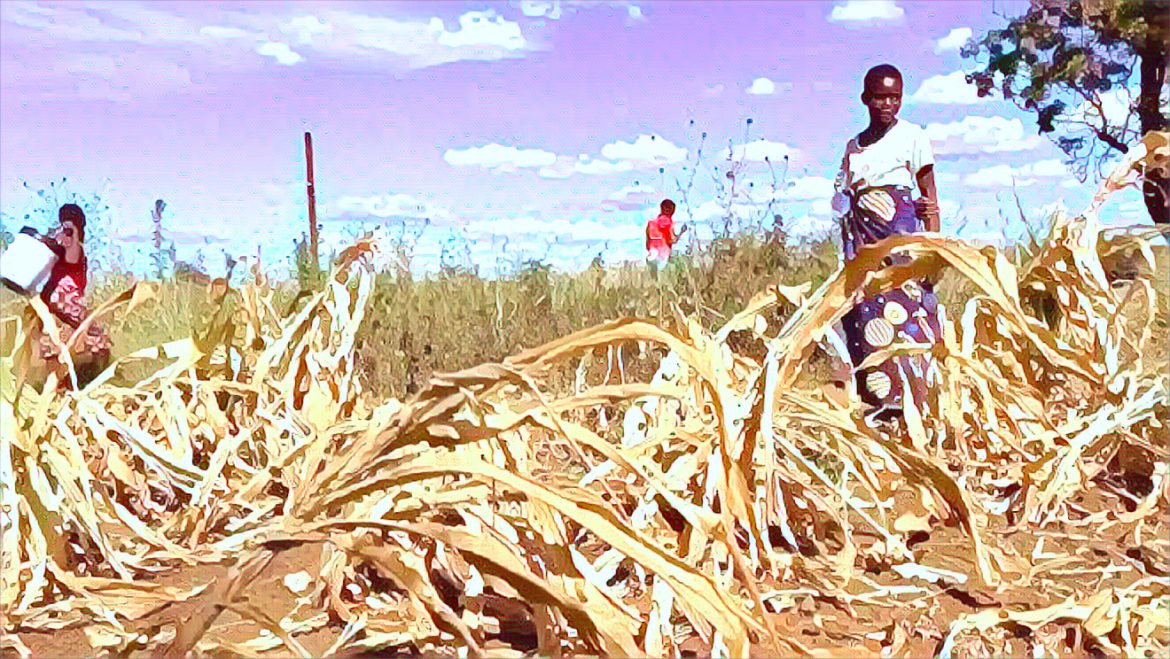The United Nations agency is urgently appealing for $85 million to support response programs in Zimbabwe amid the devastating impacts of El Niño. Severe droughts, erratic rainfall, and crop failures have plunged millions into food insecurity, exacerbating an already precarious situation. The funding is critical to provide life-saving assistance, including food, water, and healthcare, to those most affected by the crisis.
The World Food Programme (WFP) warns that without immediate intervention, the situation could deteriorate further, leading to widespread hunger and malnutrition. Children, pregnant women, and the elderly are particularly vulnerable, facing heightened risks of illness and death. The agency emphasizes the need for swift action to prevent a humanitarian catastrophe.
Zimbabwe has been grappling with successive climate-related challenges, including cyclones, floods, and prolonged dry spells, which have crippled agriculture and livelihoods. The impacts of climate change have been acutely felt, with communities struggling to cope with recurrent disasters. The situation is further compounded by economic instability and limited resources, exacerbating the humanitarian crisis.
In response, the UN agency, in collaboration with government partners and humanitarian organizations, has launched emergency initiatives to provide assistance to affected populations. These efforts include food distribution, nutritional support, water, and sanitation interventions, as well as livelihood recovery programs to help communities rebuild their resilience.
Despite these efforts, the scale of the crisis requires additional resources to meet the growing needs of vulnerable populations. The $85 million appeal aims to bridge funding gaps and scale up humanitarian assistance, ensuring that lifesaving support reaches those most in need. The agency underscores the importance of international solidarity and support to address the humanitarian crisis in Zimbabwe.
As the country grapples with the impacts of El Niño and climate change, concerted efforts are needed to build resilience and mitigate future risks. Investments in climate adaptation, disaster preparedness, and sustainable development are essential to safeguarding communities and livelihoods. By working together, the international community can help Zimbabwe overcome the current crisis and pave the way for a more resilient and prosperous future.
Source: New Zimbabwe


